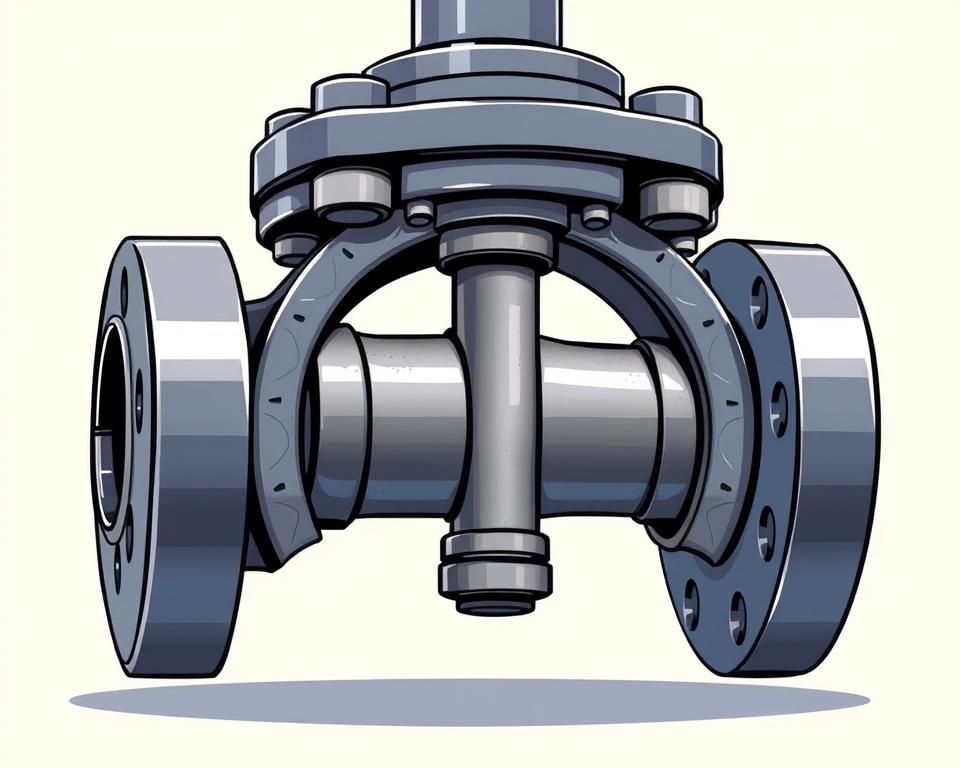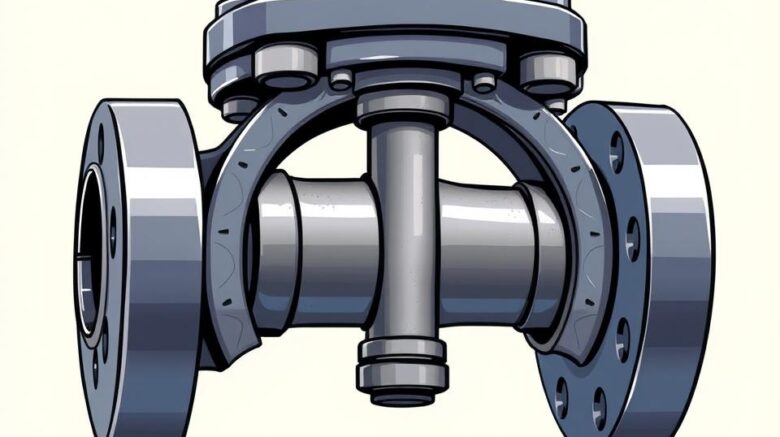Cast Iron Gate Valve Solutions: Long-Lasting Plant Flow Management
Surprising fact: Over sixty percent of public distribution networks depend on conventional isolation gear for dependable isolation during emergencies.
Our heavy-duty line of Cast Iron Gate Valve Manufacturer built for longevity in plant, building, and municipal use nationwide. Each unit pairs a rugged body-and-bonnet assembly with a well-proven gate design to resist wear and cut corrosion under changing pressure and temperature cycles.
The straight-through gate minimizes flow restriction when open, supporting transfer of water and suitable media with less pressure loss. Specifiers and technicians value the straightforward serviceability, standard connection options, and readily available parts that streamline selection and repairs.
This range includes multiple series and ratings to meet typical duty ranges, end connections, and operator preferences. You get consistent sealing, steady operating torque, and budget-friendly ownership centered on uptime and low life-cycle cost.
Key Takeaways
- Designed for durable shutoff and reliable flow control in diverse environments.
- Rugged construction resists wear, corrosion, and mechanical stress.
- Gate geometry provides low flow restriction and less pressure loss.
- Provided in a range of series and class ratings to match typical requirements.
- Easy maintenance, common parts, and predictable sealing boost uptime.
Reliable, Precise Flow Control with Cast Iron Gate Valves
Purpose-built shutoff valves with precision wedges and machined seats offer consistent performance across start-up, normal, and shutdown cycles. Solid iron bodies and close-tolerance seating produce consistent sealing. That reliability supports safe isolation and cuts unplanned downtime.
Low-effort behavior reduce handwheel effort and help techs position the wedge accurately. Simple stems and standard accessories make it easy to adapt a valve to handwheel or actuation. Less effort streamlines routine checks and repairs.

Stem Types and Performance
| Feature | Rising Stem | Non-Rising Stem |
|---|---|---|
| Position visibility | High — visual indicator | Low — minimal external cue |
| Overhead clearance | Requires overhead clearance | Better for tight or buried service |
| Service | Easy to inspect | Low profile with similar longevity |
When fully opened, the full-bore passage provides minimal headloss and efficient flow. Leak-tight closure cuts leakage risk and maintains target pressure for downstream equipment. In combination, these traits trim ownership cost and boost system uptime across general commercial and light-industrial applications.
Cast Iron Gate Valves: Specs, Designs, and Options
Specific design decisions—body alloy, stem style, and flange standard—dictate performance, fit, and service ease.
Body and Bonnet Build
The body and bonnet use cast iron for rigidity and vibration dampening. Machined guides maintain gate alignment for consistent sealing.
Rising stem vs non-rising stem
A rising stem offers a clear visual indication of position and allows easy inspection but requires overhead space. A non-rising stem saves overhead space and protects threads within the bonnet.
Both stem designs are compatible with standard handwheels and can be prepared for actuators or add-on position indicators when automation is required.
Class 125 Guidance
Class 125 is widely used for water and general service within moderate temperature ranges. Refer to published pressure-temperature limits to ensure suitability for the intended operating envelope.
Flange Details and Dimensions
| Feature | Spec | Details |
|---|---|---|
| Flange drilling | ASME/ANSI pattern | Matches common piping systems |
| Face-to-face | Industry series lengths | See datasheet for dimensions |
| Bolt pattern | Specified grade/torque | Gasket choice influences seal |
- Range: covering small lines through large mains with varied series and trim choices for long life and easy service.
- Trim choices and packing: seat and wedge materials balance tight shutoff and longevity; enhanced packing and bonnet gaskets bolster stem sealing.
- Install tips: confirm end-to-end dimensions, flange bolt patterns, and torque requirements before installation.
Applications, Codes, and Integration
Applications for these Resilient Seated Gate Valve include municipal water mains, building risers, and pump room isolation points where consistent shutoff matters.
Water distribution and fire systems commonly apply these as sectional/control points. They offer visible status and strong shutoff for life-safety and utility networks.
Flow & Shutoff in Bi-Directional Service
The gate design supports shutoff in either flow directions when installed to manufacturer instructions. This versatility simplifies piping layouts and works with redundant runs.
Maintenance, stem sealing, and bonnet integrity
Accessible bonnet fasteners, guided gates, and serviceable packing streamline inspection/repacking. Proper packing adjustment preserves stem sealing under frequent operation.
OS&Y Indicators and Best Practices
External indicators and OS&Y styles give visible open/closed status for inspections. Even with bi-directional capability, adhere to the recommended orientation and clearance guidance to ensure safe operation.
| Application | Primary Benefit | Design Check |
|---|---|---|
| Municipal mains | Secure isolation | Confirm class 125 pressure limits |
| Fire systems | Clear status for inspectors | Provide indicator/OS&Y style |
| Building pump rooms | Ease of maintenance | Confirm flange/F2F compatibility |
Wrap-Up
Invest in proven shutoff equipment that pairs sturdy construction with predictable flow control.
These gate valve solutions provide durable isolation and dependable control for water and utility service. Count on easy installation and easy maintenance for reliable long-term service.
Key specs include class 125 rating, a robust body and bonnet, and engineered stem sealing to maintain performance across commercial and plant environments.
Multiple series and common sizes, plus handwheel or actuator-ready options, make system matching simple. Clear position indication and low-friction stem travel improve daily operation and response under changing conditions.
The gate wedge and seat delivers tight shutoff and low pressure loss. Confirm sizes, end connections, and accessories at specification time to speed procurement and commissioning.
Select valves built to rigorous standards. Our specialists can validate class, sizing, and series to match your operating and maintenance objectives.
